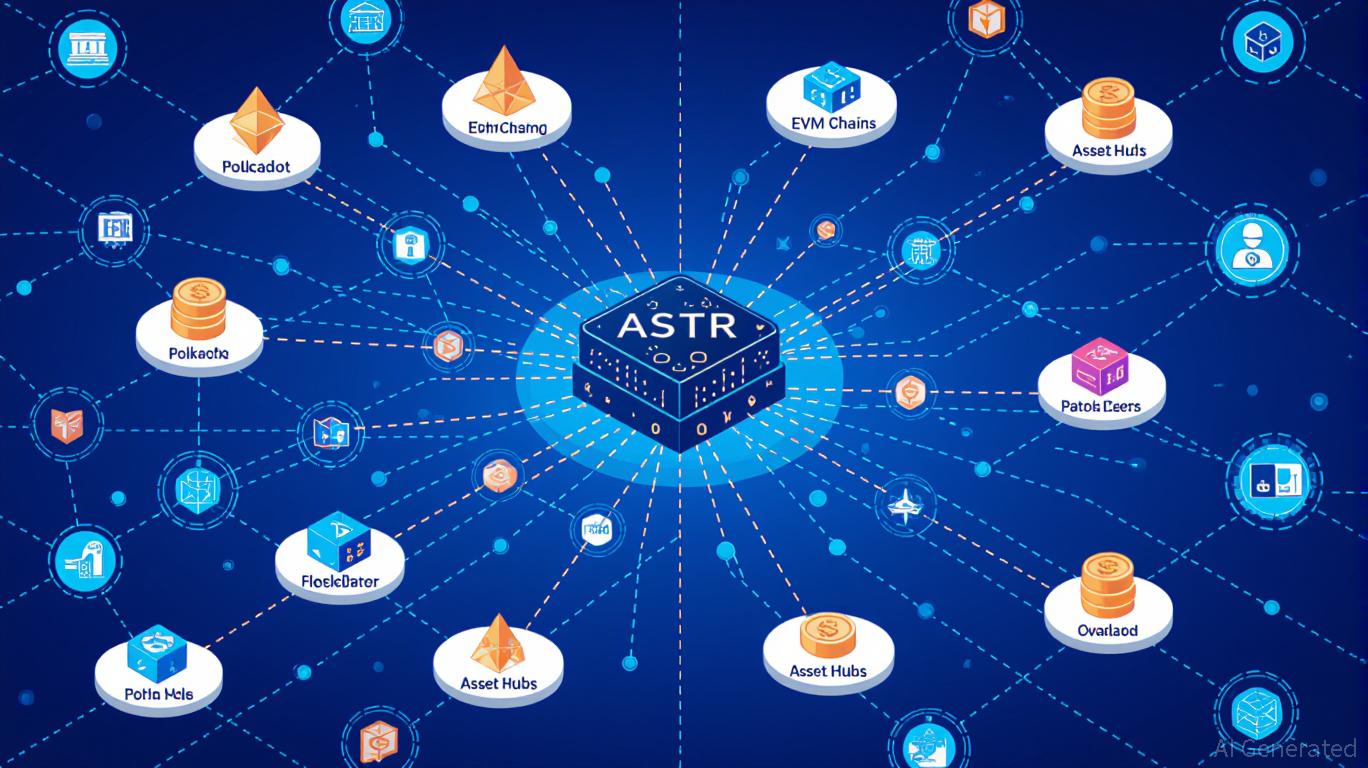Trump’s Wall Street Fundraiser Sparks Renewed Debate Over Deregulation and Regulatory Oversight Following Trade Finance Crisis
- Trump dined with Wall Street leaders amid First Brands' $3B trade finance collapse, exposing non-bank lending risks and triggering calls for stricter oversight. - Jefferies faces scrutiny over $3B in tied debt as its stock fell 19%, while JPMorgan's Dimon warned of systemic gaps in non-bank lending oversight. - Trump's 50-year mortgage proposal sparked debate, with critics fearing "debt for life," while a 42-day government shutdown worsened market uncertainty. - The administration's deregulatory agenda c
On November 10, 2025, President Donald Trump held a prominent dinner with leading Wall Street figures, including the CEOs of
First Brands' bankruptcy in September—triggering more than $3 billion in trade finance liabilities—has highlighted weaknesses in non-bank lending and raised concerns about the thoroughness of Wall Street’s risk assessments. The Cleveland-based firm, formerly known as Trico Products, was heavily dependent on factoring and supply-chain financing to support its aggressive acquisition plans.
This turmoil has reignited discussions about the dangers of private credit, with
Meanwhile, the Trump administration has unveiled a proposal for 50-year mortgages as a way to tackle housing affordability issues.
The administration’s policy agenda is also being tested by recent market turbulence. The 42-day government shutdown—the longest in American history—ended on November 11 after a bipartisan deal restored funding for federal agencies and provided back pay to 900,000 furloughed employees.
Trump’s dinner with financial industry leaders took place amid this climate of market uncertainty. Although the specifics of the conversation have not been made public, the event highlights the administration’s efforts to balance deregulation with initiatives to stabilize critical sectors.
As the administration works through these issues, its ability to coordinate with Wall Street on housing and financial reforms will play a key role in shaping investor confidence in the months ahead.
Disclaimer: The content of this article solely reflects the author's opinion and does not represent the platform in any capacity. This article is not intended to serve as a reference for making investment decisions.
You may also like
ETH Price Flash-Crash below $3200: Next Support Sits at $2,800
Solar PLUS Forum 2026: Where Energy Innovation Meets Tokenization & Digital Infrastructure

ZK Atlas Enhancement: Accelerating Blockchain Expansion and Driving Institutional Participation in DeFi
- ZK Atlas Upgrade (Oct 2025) boosted blockchain scalability to 15,000+ TPS with $0.0001 per-transaction costs, enabling institutional DeFi adoption. - Modular ZKsync OS and ZK rollups reduced Ethereum gas fees by 90%, driving 30% stablecoin dominance in on-chain transactions. - Institutional TVL in ZK ecosystems hit $3.5B by 2025, with StarkNet tripling TVL and Zcash rising 23% amid U.S./EU regulatory clarity. - ZK token engagement surged 20% post-upgrade, attracting $15B in ETF inflows, as analysts predi

Astar (ASTR) Price Rally: Can Institutional Adoption of Blockchain Interoperability Sustain Long-Term Growth?
- Astar (ASTR) surged 40% in late 2025 as institutional adoption of its cross-chain interoperability infrastructure accelerated. - The integration of Plaza modular infrastructure and EVM compatibility streamlined asset management and bridged Polkadot with external networks. - Strategic partnerships with exchanges like Bitget and Japan-focused Web3 initiatives expanded ASTR's institutional reach and use cases. - Upcoming Startale App aims to simplify cross-chain interactions, positioning ASTR as a foundatio
